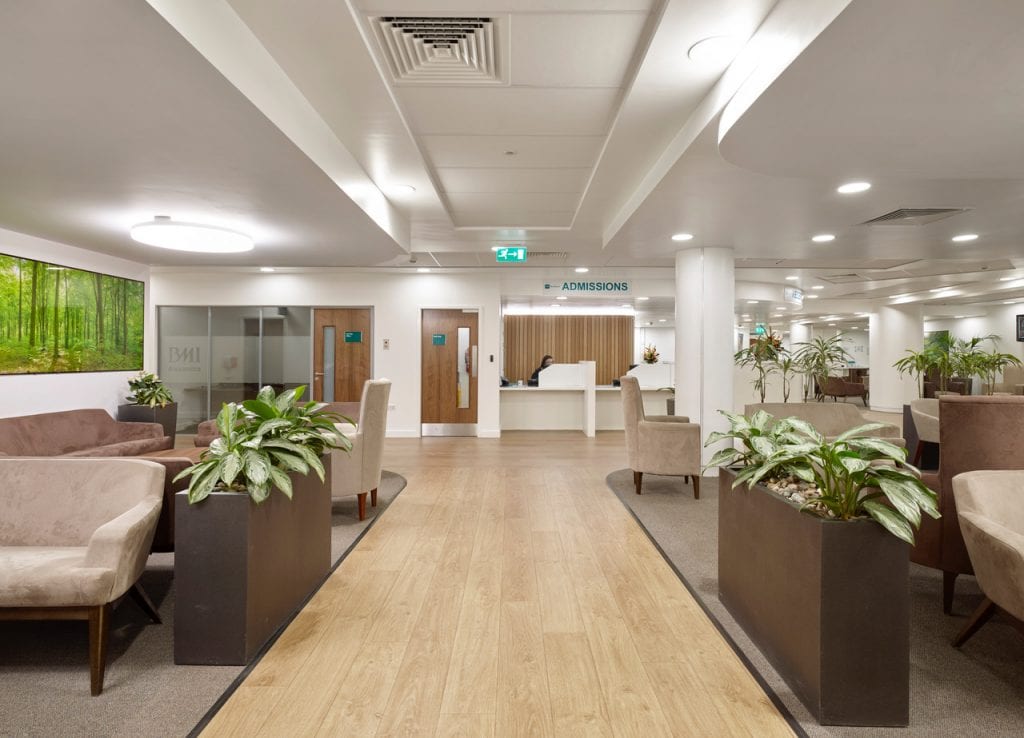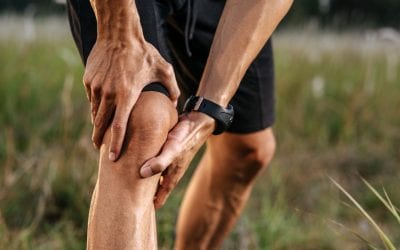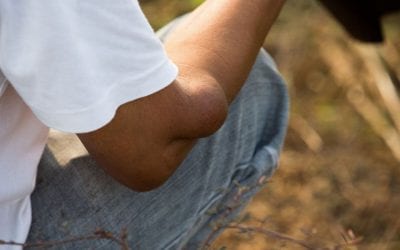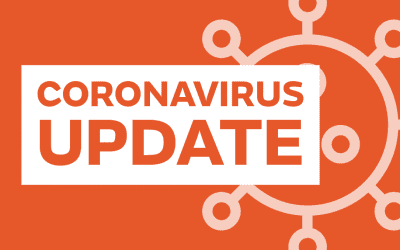“…and there are no more surgeons, urologists, orthopaedists, we are only doctors who suddenly become part of a single team to face this tsunami that has overwhelmed us…”
Dr Daniele Macchine, Bergamo, Italy. 9th March 2020
What is COVID-19?
Coronavirus infects the respiratory (breathing) system, giving symptoms such as a cough, sore throat, fever and fatigue and in some patients, causing severe organ damage. In March, coronavirus developed into a global pandemic claiming hundreds of thousands of lives.
Why was my Orthopaedic surgery or clinic appointment cancelled?
The pandemic required the NHS to make changes to accommodate COVID-19 patients as staff were redeployed to other areas of the hospital, and wards and theatres were repurposed to take COVID-19 patients. Staff shortages, sickness and short supply of resources such as PPE (personal protective equipment) limited our ability to perform routine operations.
Most non-urgent (elective) orthopaedic operations were cancelled or postponed gradually patients were not left suddenly without care. Outpatient clinic appointments were temporarily cancelled as staff and other resources were required in other departments to manage the demand COVID-19 placed on the hospitals, and to protect doctors and patients from catching the virus.
How are we managing orthopaedic patients during lockdown?
We are considering operating on time critical urgent patients and those with orthopaedic emergencies (major trauma, bone infection, cancer i.e. Sarcoma). Patients requiring surgery who test positive for coronavirus will be managed on a COVID-19 ward with conservative management until surgery is possible.
What happens while I wait for my surgery?
As clinical activity starts to pick up we are able to continue with remote “outpatient” telephone/video consultations but also see patients face to face with PPE. There will be a delay in surgery due to postponed waiting lists, but other non-operative measures can be discussed such as physiotherapy, analgesia, bracing, etc. Pain relief options include oral tablets, steroid injections or nerve blocks. To maintain mobility, you may need physiotherapy or orthopaedic aids such as a walking boot or stick.

Will I be able to book a clinic appointment?
Patients presenting with new or ongoing conditions are being managed via virtual clinic services, including telephone or video consultations. Doctors will assess you and may follow up with the most appropriate solution, for example a physiotherapy referral or inviting you in for a face-to-face appointment if necessary.
When will orthopaedic surgery be up and running?
As measures relax, operative lists are slowly up and running in the NHS and private sector and will become available to those who had their surgeries postponed or cancelled. Orthopaedic services will now require much more staff, time and resources to perform surgery with these restrictions.
Will I have to wait a long time for an appointment or operation?
It is likely there will be a short delay for your operation to take place. Your surgeon will review your case and assess if it’s safe to continue with surgery and assess resources before proceeding. Surgical societies are encouraging patients to optimise their health during the wait to improve their outcomes.
Will there be any precautions I need to take?
Protection for patients and doctors will be a priority. The requirements for approving surgery in a post-COVID world are likely to be a period of self-isolation for 14 days before your operation date. You will also have to come to hospital 48 hours before your surgery for a COVID-19 test. All patients are now required to wear a mask and maintain good hand hygiene when in a hospital. Hospital visitors are still not permitted but do check with your local hospital.
Who can I contact if I have any questions or concerns?
Your GP and your orthopaedic team remain open and encourage all patients to get in touch with any worries.
Summary
As the lockdown restrictions ease, orthopaedics services are exploring ways to restore normal service in a sustainable and protective way. The main challenges will be infection prevention and control, and surgical prioritisation (who to operate on first).
Get in touch if you wish to discuss your orthopaedic problem on 0161 772 0961





